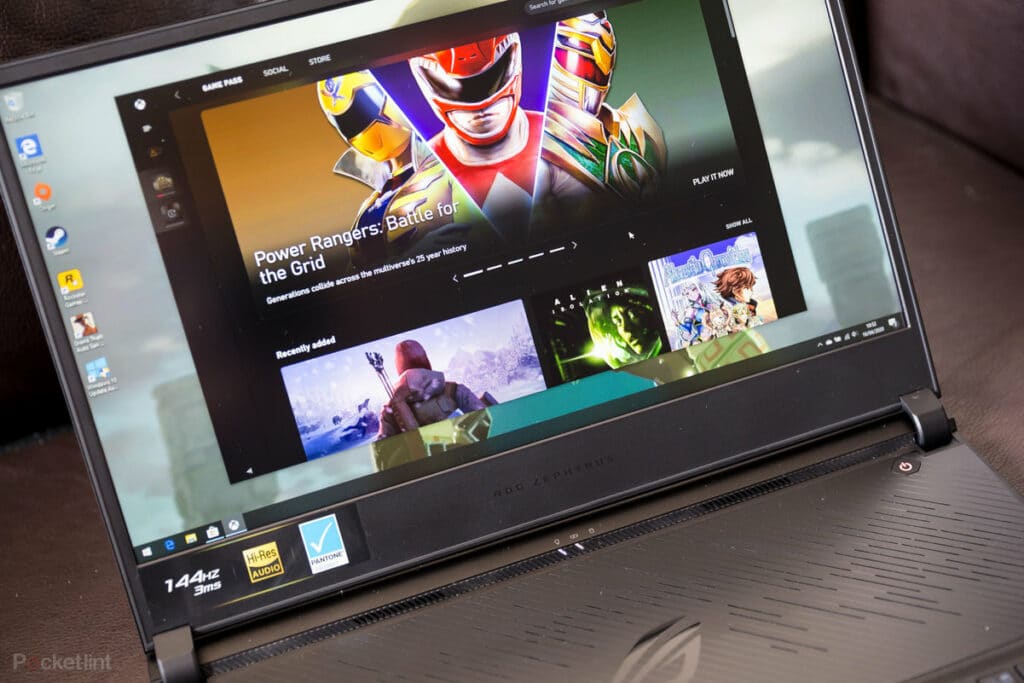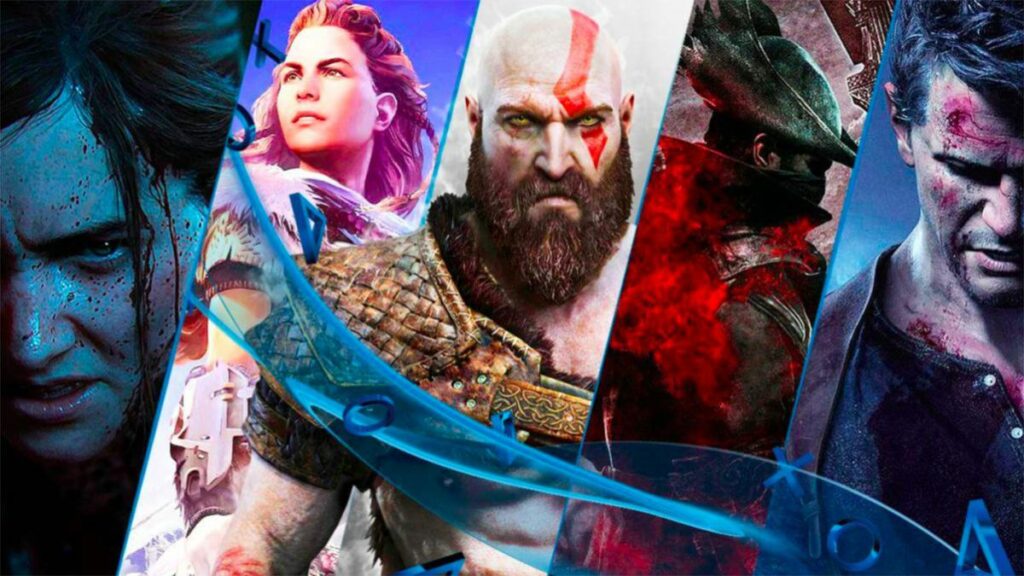It has recently come to light that the Federal Trade Commission (FTC) is not only blocking Microsoft’s proposed acquisition of Activision/Blizzard, but also not allowing Microsoft the opportunity to present their case in court. This action by the FTC has raised serious concerns about due process and the agency’s apparent bias towards certain companies.
In the past, the FTC has been accused of acting in the interest of companies such as Sony and Tencent, leading some to speculate about the potential for corruption within the agency. The Microsoft/Activision deal has the potential to greatly benefit gamers, as Microsoft’s affordable Game Pass service includes thousands of games, including triple-A Microsoft titles, available on the platform on day one.
Is the FTC corrupt?
There is a growing concern that the Federal Trade Commission (FTC) is not acting in the best interest of consumers, but rather in the interest of certain corporations. This has been demonstrated in a number of cases where the agency has approved mergers and acquisitions that have resulted in reduced competition and higher prices for consumers.
RELATED: Virtual Lovers & Waifus: how they are a threat to your relationship
One example of this is the FTC’s approval of the merger between Sprint and T-Mobile, which resulted in the loss of thousands of jobs and reduced competition in the wireless market. Another example is the agency’s approval of the merger between Facebook and WhatsApp, which allowed Facebook to further dominate the social media market and potentially abuse user data.

In the case of Microsoft’s proposed acquisition of Activision/Blizzard, the FTC has again raised concerns about its intentions and potential biases. Microsoft’s desire to acquire Activision/Blizzard is primarily driven by the desire to tap into the lucrative mobile gaming market, which is currently the company’s biggest earner. The acquisition would allow Microsoft to expand its Game Pass service to mobile devices and potentially increase its user base.
However, the FTC has blocked the deal and denied Microsoft the opportunity to present its case in court, citing concerns about competition and the potential for Microsoft to make Call of Duty an Xbox exclusive. These concerns are questionable at best, as the acquisition is not in violation of trade laws and the agency has approved much larger deals in the past.
There is a strong possibility that politics and outside influences may be at play in the FTC’s decision to block the Microsoft/Activision deal. The agency has a history of acting in the interest of certain corporations, and there are concerns that government agencies can be bribed or swayed to prioritize the interests of certain companies over those of American consumers.
It is imperative that the FTC be held accountable for its actions and that Microsoft be given the opportunity to present its case in court. The agency’s decision to block the acquisition without allowing for due process is a serious concern and raises questions about its commitment to protecting competition and the interests of American consumers.
This deal benefits gamers.
It is clear that the proposed acquisition of Activision/Blizzard by Microsoft would have numerous benefits for consumers and gamers. One of the primary benefits is the affordability of Microsoft’s Game Pass service, which includes access to thousands of games, including triple-A Microsoft titles, available on the platform on day one. This makes it an attractive option for gamers who may not be able to afford the full price of individual games.
In addition to affordability, Game Pass also offers accessibility through the xCloud service, which allows many games to be played on any device, including mobile devices. This greatly expands the reach of the service and makes it more convenient for gamers who may not own a gaming console or PC.
Another benefit of Game Pass membership is the inclusion of exclusive content, such as early access to certain games and discounts on in-game purchases. This adds value to the service and makes it an attractive option for gamers.

In addition to these benefits, the acquisition of Activision/Blizzard by Microsoft would also allow for the expansion of the Game Pass service to mobile devices, further increasing its reach and user base. This is especially important as the mobile gaming market continues to grow and becomes an increasingly important source of revenue for companies.
It is clear that the Microsoft/Activision deal would have numerous benefits for consumers and gamers, and it is unfortunate that the Federal Trade Commission has chosen to block the deal without allowing Microsoft the opportunity to present its case in court. The agency’s decision raises serious concerns about due process and its commitment to protecting competition and the interests of American consumers.
To Sony PlayStation fans who may be hesitant about this trade, it is important to consider the many benefits that the Microsoft/Activision deal would bring. The affordability and accessibility of the Game Pass service, combined with the convenience of the xCloud service and the inclusion of exclusive content, make it an attractive option for gamers. In addition, the expansion of the service to mobile devices would only serve to increase its reach and user base, ultimately benefiting consumers.
The Sony Hypocrisy.
In the past, Sony has been known to pay for the exclusive rights to certain games and make them PlayStation exclusives. This practice has been a source of frustration for gamers who may not own a PlayStation console but still want to play these games.
In addition to paying for exclusives, Sony has also been accused of threatening developers who have considered releasing their games on Microsoft’s Game Pass service. The company has allegedly paid out developers who agree not to release their games on Game Pass, in an effort to prevent the service from gaining more traction and attracting more users.

One example of this is the popular game “Death Stranding,” which was initially intended to be released on PC as well as the PlayStation 4 on day one. However, after Sony acquired the exclusive rights to the game, the PC release was temporarily cancelled, much to the dismay of PC gamers.
Another example is the game “Cyberpunk 2077,” which was released on a number of platforms including PlayStation 4, Xbox One, and PC. However, after the game was released, it was removed from the Game Pass library, leading to speculation that Sony may have paid for the exclusive rights to the game or pressured the developer to remove it from the service.
These examples demonstrate Sony’s willingness to pay for exclusives and threaten or pay out developers in an effort to protect its interests and prevent competition from Game Pass. It is important for consumers to be aware of these tactics and consider the impact they may have on the availability of games and the overall gaming industry.
This is authoritarian.
The actions of the FTC and Sony in this case are highly concerning and can be seen as authoritarian, reminiscent of communist regimes where due process is disregarded in favor of political interests. It is imperative that the agency and the company be held accountable for their actions and that Microsoft be given the opportunity to present their case in court. The Microsoft/Activision-Blizzard deal would bring numerous benefits to consumers and gamers, including affordability, accessibility, and exclusive content. It is unfortunate that the interests of certain corporations are being prioritized over the interests of American consumers.



Only thing corrupt here is this article.
Sounds more like a public service to me. F**k Microsoft.